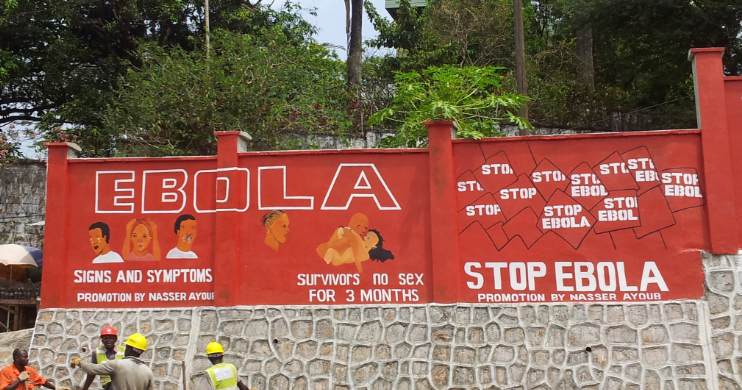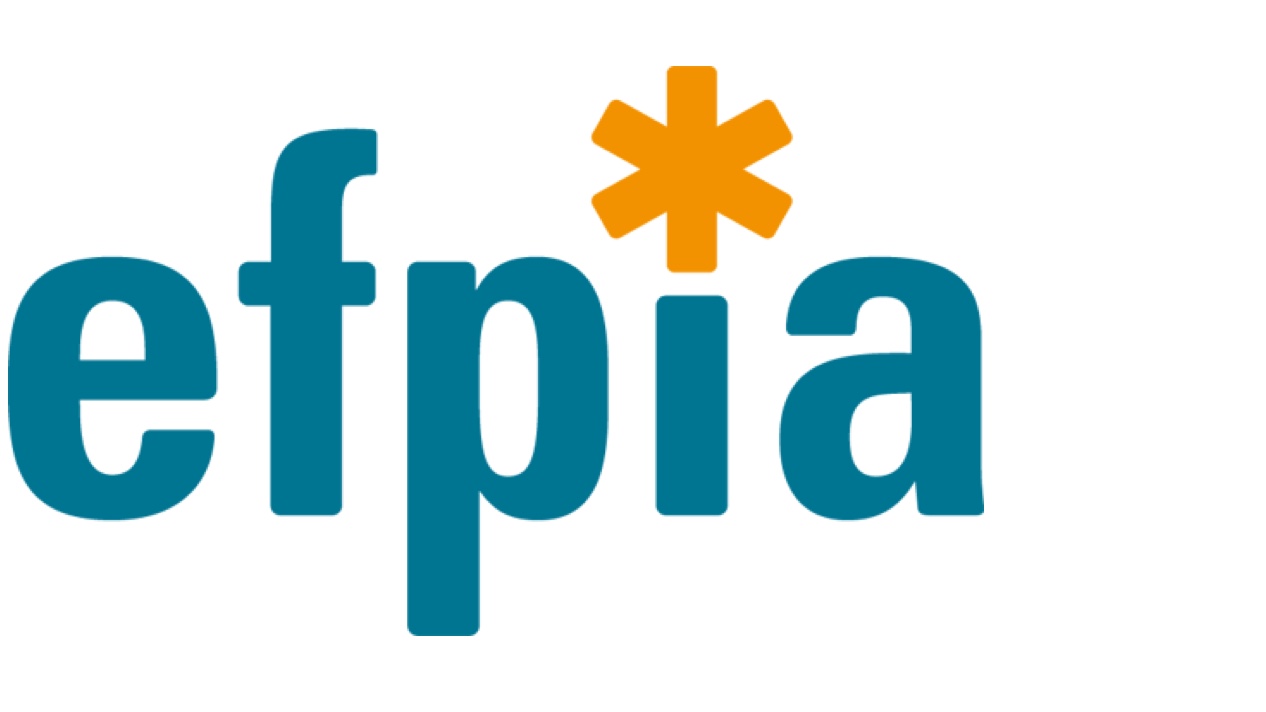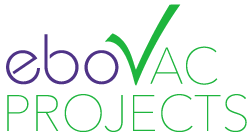Clinical trials
EBOVAC1, EBOVAC2 and EBOVAC3, funded under the Innovative Medicines Initiative Ebola+ programme that was launched in response to the Ebola outbreak in West Africa in 2014-2016, aim to assess the safety, tolerability and immunogenicity of the two-dose Ebola vaccine regimen (Ad26.ZEBOV and MVA-BN-Filo).
In a two-dose vaccine regimen, patients are first given a dose to prime the immune system and then a boost dose to enhance the immune response over time. Clinical trials are being carried out in different phases in Europe and Africa as part of the project and will together contribute to broader efforts to ensure that future outbreaks of Ebola can be tackled effectively.
Phase 1 trials, carried out as part of the EBOVAC1 project, gathered preliminary information on the safety and tolerability of the vaccine regimen and evaluated the longer-term immune response generated by it. After the review of the Phase 1 data, Phase 2 and 3 trials have been carried out in parallel by the EBOVAC1 and EBOVAC2 projects to speed up the development of the vaccine regimen.
EBOVAC3, launched in 2018, builds on the work of EBOVAC1 and 2 through clinical trials in infants in Sierra Leone and Guinea, and healthcare workers in the Democratic Republic of Congo. It will also follow up people who participated in earlier clinical trials in these countries, to assess the safety and efficacy of the vaccine in the longer term.
In addition to clinical trials, projects funded under the IMI Ebola+ programme aim to address a wide range of challenges, including vaccine manufacturing capacity, deployment, acceptance and compliance.
Vaccine manufacturing capability
The EBOMAN project aimed to accelerate the development and manufacturing of a 2-dose Ebola vaccine regimen. This was to ensure the delivery of sufficient quantities of the vaccines to support the EBOVAC clinical trials, as well as to scale up vaccine production capacity to allow for the rapid preparation of large quantities of vaccines in the long term.
Vaccine Deployment, Acceptance and Compliance
The EBODAC project (Ebola Vaccine Deployment, Acceptance and Compliance) was set up to develop strategies and tools to encourage the acceptance and update of new Ebola vaccines, used in the context of clinical trials or following regulatory approval. The project supported clinical trials of the two-dose Ebola regimen in Sierra Leone, the Democratic Republic of Congo and Uganda, as well as the vaccination campaign in Rwanda. The project also helped prepare for the future deployment of a licenced vaccine through a series of projects focusing on communications, community engagement and enabling technologies.




